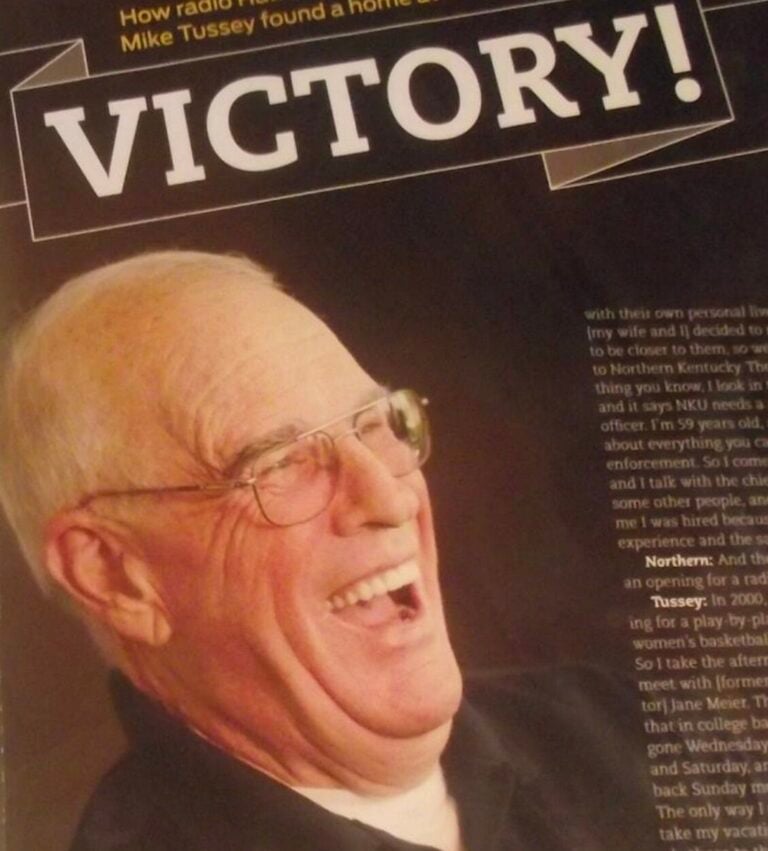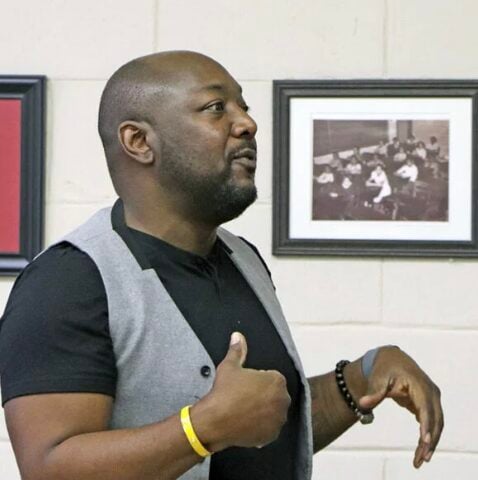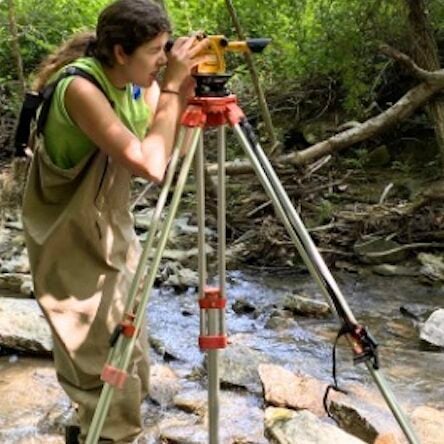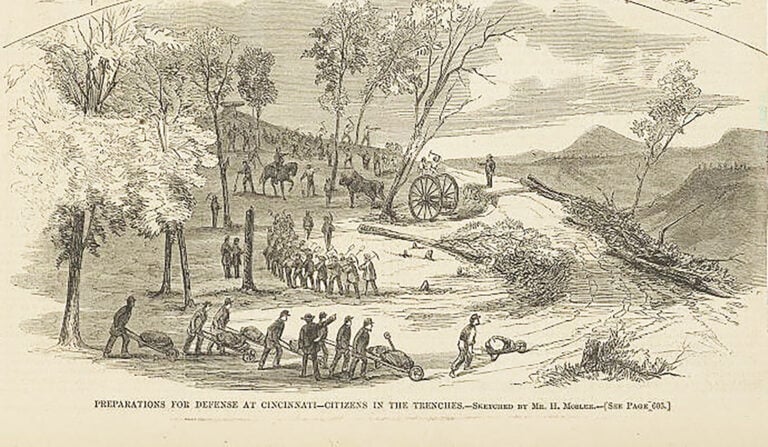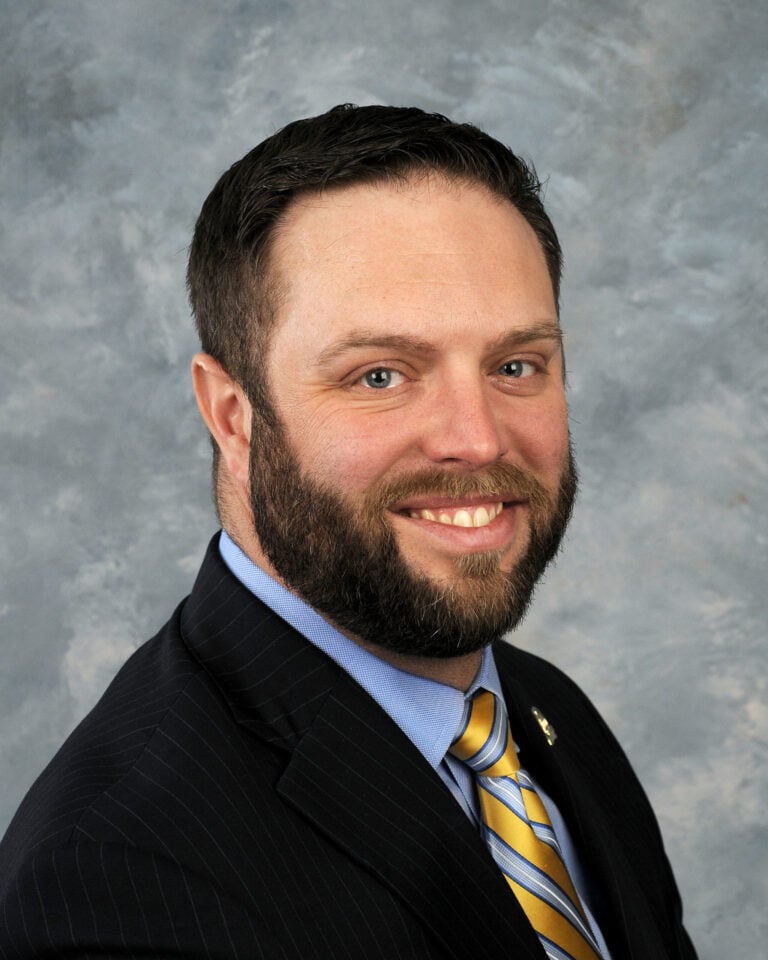By Greg Paeth
NKyTribune Contributor
Although nothing is chiseled in stone at this point, the Covington City Commission may raise the city’s property tax rate and take other measures to pay for more police officers and firefighters in Northern Kentucky’s largest city.
City manager Larry Klein, assistant city manager Frank Warnock and city commissioner Chuck Eilerman all said increasing the tax rate is one of the proposals that has been discussed as the city searches for money to pay for police officers and firefighters in departments that are below the staffing levels of previous years.
Raising parking rates at meters and city-owned garages and using some money that had been earmarked for capital improvements also are under discussion as the city tries to come up with some $700,000 that it needs to hire four police officers and five firefighters, Eilerman said.
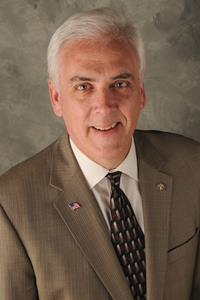
Klein said he plans to make a presentation to the city commission at its meeting Tuesday that will outline what has to be done to keep the current $47 million budget in balance.
Yet another option that has been discussed is a referendum that would allow residents to decide at the polls whether they want to increase taxes for public safety. But the last day to submit a ballot question to the Kenton County Clerk is Aug. 11, a deadline that may be impossible for the city to meet, Warnock said.
Eilerman said he does not favor putting a tax hike proposal on the ballot in November. “The citizens elected us to be their thoughtful leaders, and if they think we screwed up, they can remove us at the next election. That would be the real referendum,” Eilerman said.
Covington tax bills are mailed out in late August and due no later than Sept. 30. The current tax rate is .3045 cents for every $100 of assessed valuation or $3.045 per $1,000. The owner of a home assessed at $100,000, for example, would pay $304.50 under that rate.

The commission could vote to increase the tax rate so that it would equal last year’s revenues plus an additional four percent without opening the door to a challenge by taxpayers. The new rate has not yet been set because the city has not received certified real estate assessment figures, Klein said.
Klein estimated that the four percent increase in the real estate tax would produce an additional $200,000 in revenue and would cost the owner of a $100,000 home an additional $12 per year.
Whether the city commission has the will to increase taxes again is difficult to determine.
The commission voted 4-1 in March to increase the city’s tax on insurance premiums from 10 to 12 percent, a measure that is expected to produce an additional $1 million for the city. Commissioner Steve Frank cast the only no vote on the proposal.
The city also increased the annual waste collection fee this year to $150.00, up from $122.50 last year.
Many elected officials avoid voting for tax increases just as they would avoid stepping on coiled rattlesnakes. But voters won’t go to the polls to endorse or reject current elected officials until the primary elections next May.
And many of those elected officials who don’t like to raise taxes also count on voters to have short memories.
Representatives of the firefighters and the police department have met twice with Klein, Warnock and other city department heads in an effort to try and figure out how to pay for new hires in the departments.
There seems to be agreement on both sides that more people are needed although support for that conclusion may be based on different factors.
Jimmy Adams, who heads Local 38 of the International Association of Firefighters, said his biggest concerns are about safety for firefighters and Covington citizens who may be affected if there aren’t enough people on duty to respond to an emergency.
Klein said the current budget calls for 109 firefighters, which would mean that there would be 26 people on duty for every 24-hours shift. But Adams said that after a recent retirement, the department will have 102 people available to work because of other retirements and medical leaves.

Hiring five additional firefighters would bring the department to 114 people, which would mean that 27 people could be assigned to each shift, a slight improvement but far below the 54 people who would be required if the city followed the standards written by the National Fire Protection Association, Adams said.
A few years back, 30 firefighters were assigned to each shift.
Although he said there’s sometimes an “us-them mentality” when firefighters sit down to talk with city management, he said there has been “some good dialogue” at the most recent meetings.
Like Adams, Sgt. Bryan Bogard, who heads the Covington Fraternal Order of Police, Lodge 1, said staff levels need to be increased so that officers and citizens are safe.
“It’s all about safety. My biggest fear is that an officer will get hurt or killed. That’s what makes me lie awake at night,” Bogard said.
The current budget covers the salaries of 106 officers, four of whom are going through their initial training and are not available to work a shift. Bogard said three officers are retiring today.
The FOP and the city are discussing a plan that calls for hiring an additional four officers.

Hiring more people for either department should cut down on the amount of overtime that the city pays, Adams and Bogard said. Covington police officers worked 1,100 hours of overtime in June, Bogard said.
“I can’t speak for Spike Jones,” Bogard said, referring to the former chief who retired earlier this year. “But there’s a reason he retired. He grew up in Covington and his dream job was to become police chief and then he was only there a short time.”
Jones retired in May after three years as chief.











